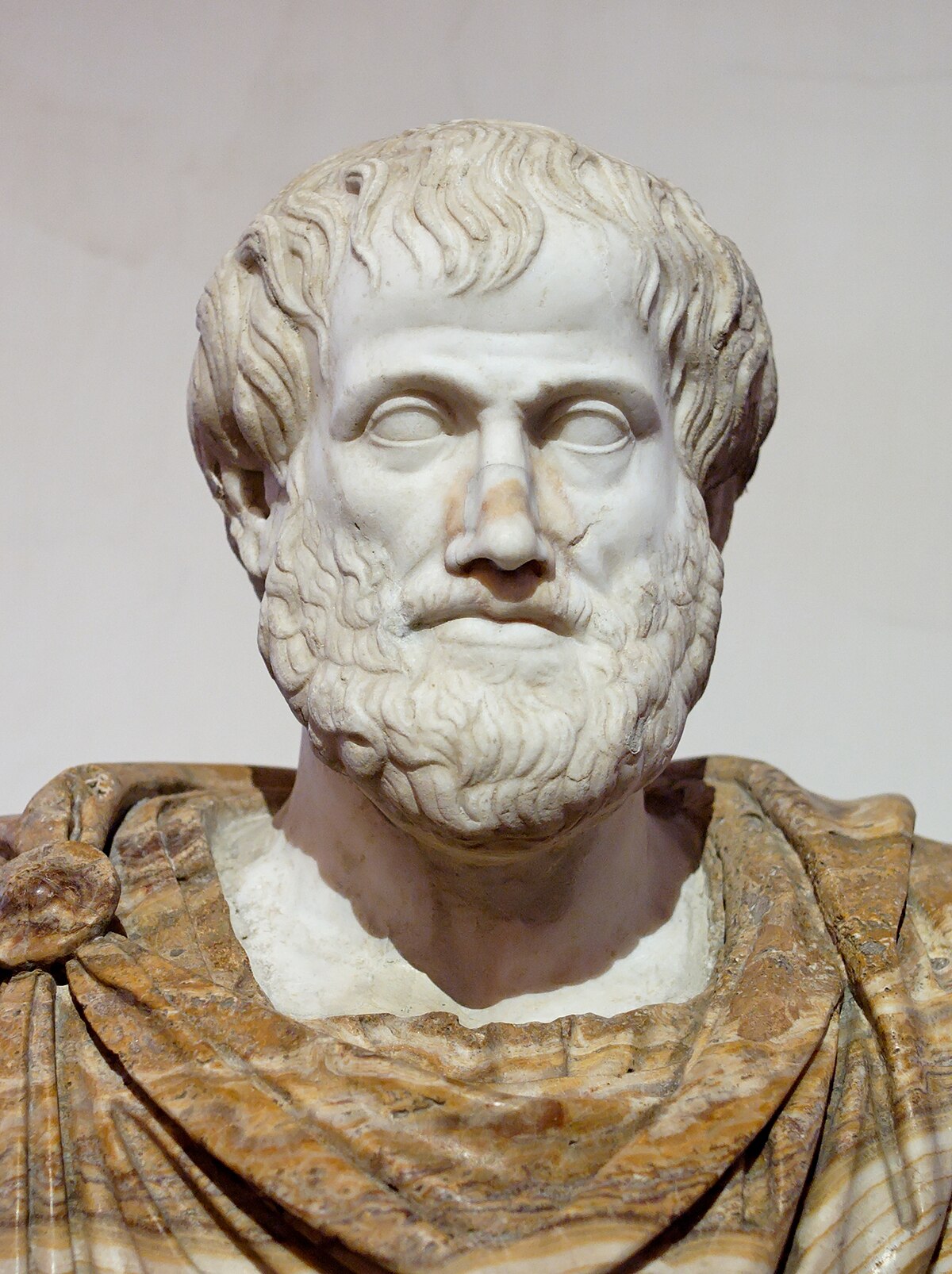Paul Tillich, A History Of Christian Thought
Medieval Theology. Thomas Aquinas and Duns Scotus.
We must now go into the main problems of the medieval development. I just finished yesterday by saying that the conf lict between Aristotle and Augustine characterizes the medieval situation. Let me first make clear what Aristotle means for the Middle Ages in the moment in which he was discovered in the beginning of the 13th century, with the help of the Arabic philosophers.
1) Aristotle’s logic was always known, but this was used as a tool and didn’t influence the content of theology directly. When the whole work of Aristotle was rediscovered, it was a complete system in which all realms of life were discussed – observations about nature, about politics, about ethics, an independent secular world-view, including a system of values and meanings. The question was: How could a world which was educated in the Augustinian ecclesiastical tradition deal with this secular system of ideas and meanings? This was the first thing Aristotle meant. It is a little as though theology for centuries asked the question: How can the scientific revolution which has been going on since the 17th century be mediated with the Christian tradition? It was a similar problem for the Middle Ages.
2) Aristotle gave basic metaphysical categories, such as form and matter, actuality and potentiality. He gave a new doctrine of matter, of the relationship of God and the world, and all this on a basis of an ontological analysis of reality.
3) This was perhaps the most important point: He gave a new approach to knowledge. The soul has to receive impressions from the external world. Experience is always the beginning, while in the Augustinian tradition immediate intuition was the beginning. The Augustinians were, so to speak, in the Divine center and judged the world from there. The Aristotelians looked at the world and concluded to the Divine center.









